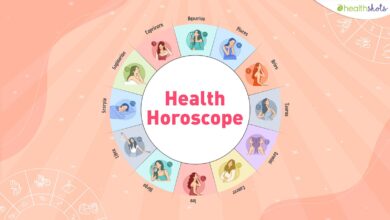
Food affects the pH of your urine, but not your blood
It’s critical for your health that the pH of your blood remains constant.If it were to fall outside of the normal range, your cells would stop working and you would die very quickly if untreated.For this reason, your body has many effective ways to closely regulate its pH balance. This is known as acid-base homeostasis.In fact, it’s nearly impossible for food to change the pH value of blood in healthy people, although tiny fluctuations can occur within the normal range.However, food can change the pH value of your urine — though the effect is somewhat variable .
Excreting acids in your urine is one of the main ways your body regulates its blood pH.If you eat a large steak, your urine will be more acidic several hours later as your body removes the metabolic waste from your system.Therefore, urine pH is a poor indicator of overall body pH and general health. It can also be influenced by factors other than your diet.
Acid-forming foods and osteoporosis
Osteoporosis is a progressive bone disease characterized by a decrease in bone mineral content.It’s particularly common among postmenopausal women and can drastically increase your risk of fractures.Many alkaline-diet proponents believe that to maintain a constant blood pH, your body takes alkaline minerals, such as calcium from your bones, to buffer the acids from the acid-forming foods you eat.According to this theory, acid-forming diets, such as the standard Western diet, will cause a loss in bone mineral density. This theory is known as the “acid-ash hypothesis of osteoporosis.”
However, this theory ignores the function of your kidneys, which are fundamental to removing acids and regulating body pH.The kidneys produce bicarbonate ions that neutralize acids in your blood, enabling your body to closely manage blood pH.Your respiratory system is also involved in controlling blood pH. When bicarbonate ions from your kidneys bind to acids in your blood, they form carbon dioxide, which you breathe out, and water, which you pee out.The acid-ash hypothesis also ignores one of the main drivers of osteoporosis — a loss in the protein collagen from bone (Ironically, this loss of collagen is strongly linked to low levels of two acids — orthosilicic acid and ascorbic acid, or vitamin C — in your diet Keep in mind that scientific evidence linking dietary acid to bone density or fracture risk is mixed. While many observational studies have found no association, others have detected a significant link Clinical trials, which tend to be more accurate, have concluded that acid-forming diets have no impact on calcium levels in your body .If anything, these diets improve bone health by increasing calcium retention and activating the IGF-1 hormone, which stimulates the repair of muscle and bone






